The Revolutionaries Series – Philip Sheppard
Recorded: January 29, 2015]
“I like smashing new technology into old technology and the older the technology the better. One of the cellos I use was made in the 17th century, and some of the equipment I use was made last week. I find if you pull from as far away as possible, you often end up with a much more interesting result.” Philip Sheppard Cannes Lions International Festival of Creativity, June 2014
Philip Sheppard has gathered international acclaim for his diverse career as a composer, conductor, an arranger, and innovative performer. His work reinvents perceptions of classical music and succeeds in engaging a huge range of audiences from different musical backgrounds.
Musical collaborator for both the 2008 and 2012 Olympic Games and the opening ceremony of the 2014 Tour de France, Sheppard has also worked with such musical legends as David Bowie and Jeff Buckley and frequently speaks and plays at technology and creative conferences.
A cellist and graduate of London’s Royal Academy of Music, where he is now a professor and a fellow, he lives happily in both the classical and rock music worlds. He has also forged a highly successful career as a film music composer and recently wrote the score for the new BBC Two Human Universe series, featuring English physicist Professor Brian Cox. Will Travis of Sid Lee returns to the Museum’s stage to moderate a conversation with Sheppard about the intersection of music and technology. They’ll discuss the impact technology has had on Sheppard’s work, from composing to teaching to performing, while also addressing how he bridges the new and old worlds, including what exactly it means to “smash” new and old technologies.
Other topics of conversation will include Sheppard’s views on today’s changing music industry—the impact on musicians and how the world finds and experiences music. Sheppard says that, for him, creativity is like oxygen.
The Museum has invited him to bring his cello to help illustrate exactly why that is so. Please join us for an inspiring and illuminating evening.

